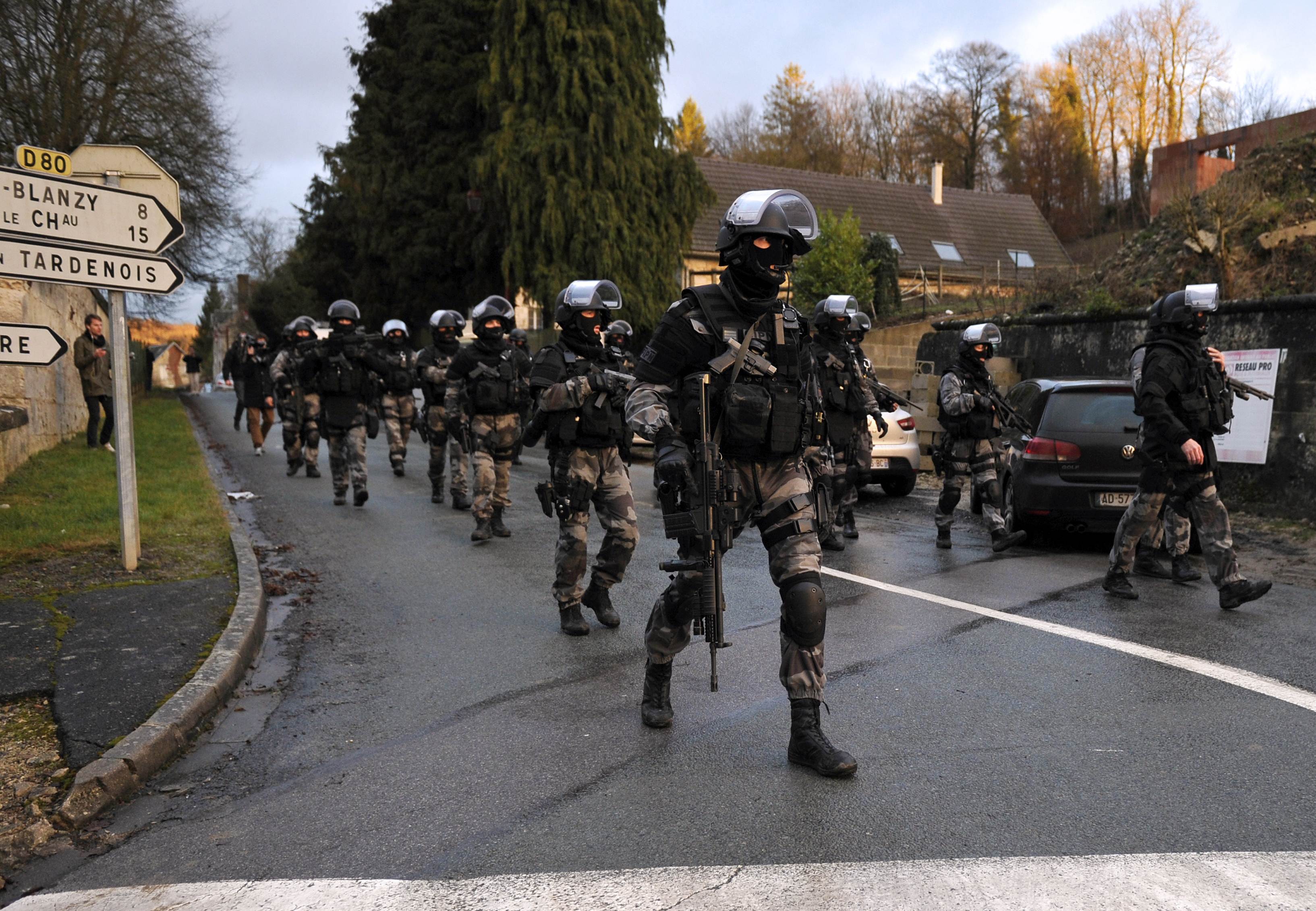From allowing spies greater access to communications and extending phone taps to collating databases of air passengers, European governments are looking to expand the powers of their security agencies after this month's Paris attacks.
However, despite warnings that failing to act is endangering their citizens, their plans face political and judicial opposition as well as some public skepticism.
And whatever new capacities the spies might get, the job of sifting through masses of intelligence to determine which suspects are genuine threats, as well as the recent emergence of "lone wolves," means they face a genuinely tough task.


















With your current subscription plan you can comment on stories. However, before writing your first comment, please create a display name in the Profile section of your subscriber account page.